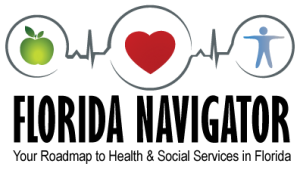Pitfalls of Traveling
The Savvy Senior
By Robert Goodman, MSW
I have written many columns on fall prevention and the consequences of a fall. Now I can speak from experience. I had many falls this past summer and am now using a walker. My worst fall was on a cruise where I broke my ankle.
Falls are a major issue for older adults and can be prevented. While most falls occur at home, some occur when traveling.
Falls can lead to fractures, trauma, and death.
1. Over 13 million older adults fall every year; 1 of 3 if over 65, and 1 of 2 if over 80 years old.
2. 2.8 million older adults are treated in the ER for falls. 800,000 are hospitalized.
3. 40% of nursing home admissions are fall-related.
4. About 27,000 older adults died from unintentional fall injuries.
There are a number of causes of falls among the elderly. They include:
- Lack of physical activity and muscle weakness
- Balance and gait problems
- Visual impairment
- Mobility impairment
- Cognitive impairment
- Drop in blood pressure when standing up
- Fear of falling
- Alcohol abuse
- Inappropriate footwear
- Dehydration
- Talking on cell phones and texting while walking
This is the time of year when people travel and take cruises. You have to be careful when going into a new environment. Look for any obstacles that may make the area unsafe. Be sure areas are free of clutter, aisles are wide if you use a wheelchair or walker. Check for steps, slippery areas, and other hazards. Be sure there is adequate lighting and grab bars. Look for obstacles in on sidewalks or in parking areas. When traveling in places such as Amsterdam or London, be sure to be aware of traffic patterns (driving on the left) and bike paths.
If you use a walker or wheelchair ask for a handicapped accessible
room or cabin. If you have a visual disability ask for information in large print and a well-lit room or cabin. When touring, explain to the tour guide any special needs you may have.
Limit the amount of alcohol you drink. Even a small amount can affect your balance and reflexes. Choose safe footwear. Lastly, drink plenty of water to avoid dehydration.
There are a number of devices that can help prevent falls, but one must remember to use them. They include: canes, walkers, reachers, and emergency medical alerts. There are new types of medical alerts that can be used when traveling.


